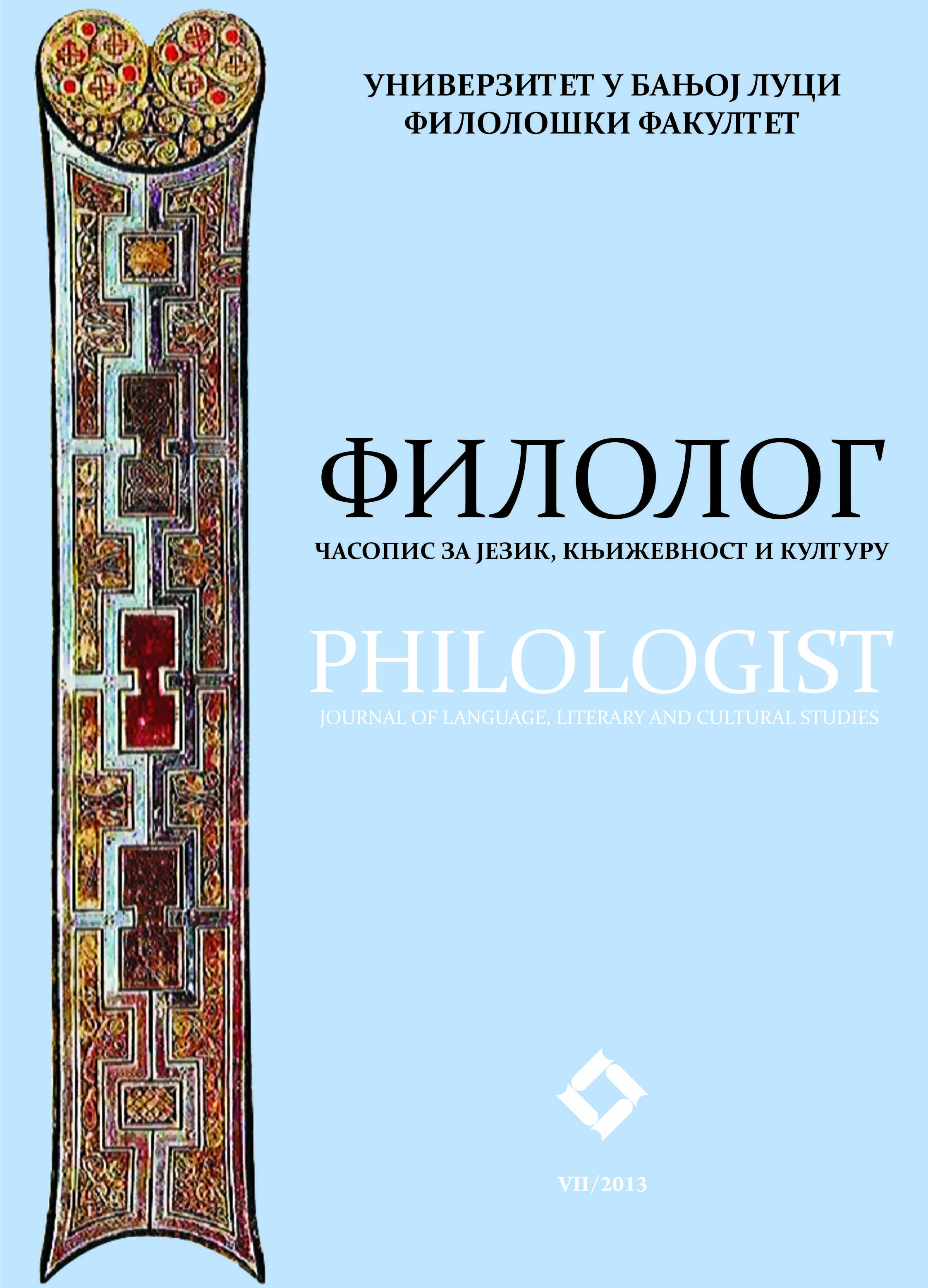Ka novim utopijskim horizontima: postpatrijarhalne vizije u romanima „Čovjek praznih šaka“ i „Žena na rubu vremena“
Towards New Utopian Horizons: Post-Patriarchal Visions in “The Dispossessed” and “Woman on the Edge of Time”
Author(s): Milka BojanićSubject(s): Language and Literature Studies, Novel, Comparative Study of Literature, Philology, Theory of Literature, American Literature
Published by: Филолошки факултет Универзитета у Бањој Луци
Keywords: Ursula Le Guin; Marge Piercy; critical utopias; feminist utopian visions; transformative potential;
Summary/Abstract: The flowering of women’s utopian writing coincided with the upsurge of the Second Wave feminism, reaching its peak in the mid-1970s. This was an extremely prolific period during which a significant number of women writers recognised the subversive potential of the genre. Attempting to reveal and critically analyse various institutional manifestations of patriarchy in contemporary society, feminist authors produced works that were critical both of the dominant ideology and of the concept of traditional utopia itself. Thus, they stretched boundaries of the utopian genre that had traditionally been dominated by male authors and masculine concerns. Two notable novels of this period are Ursula Le Guin’s The Dispossessed and Marge Piercy’s Woman on the Edge of Time, which are discussed in this paper. Its main objective is to investigate the transformative potential of these critical utopias that were designed to raise the readers’ consciousness, to alter their perception of current problems in society, and to motivate them to take an active part in political life. Additionally, the paper focuses on the literary, social, and historical factors that have contributed to the rebirth of utopia.
Journal: Филолог – часопис за језик, књижевност и културу
- Issue Year: 2013
- Issue No: 7
- Page Range: 228-241
- Page Count: 14
- Language: Serbian

